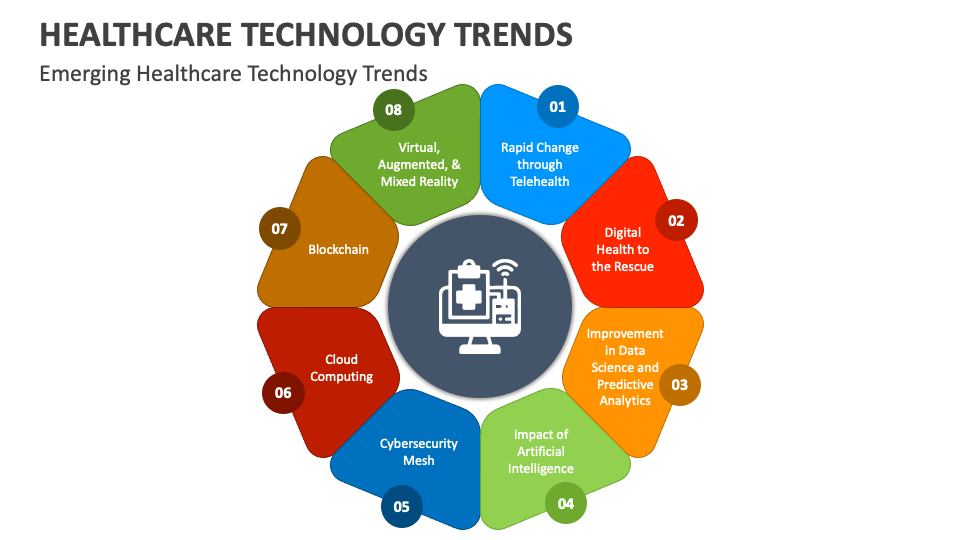
Future trends in healthcare information technology – The healthcare landscape is rapidly evolving, and technology is at the heart of this transformation. From the way we diagnose illnesses to how we manage patient care, information technology is revolutionizing the industry. We’re moving beyond simple record-keeping to a more sophisticated, integrated system that promises more efficient, personalized, and accessible care. This shift is driven by several key factors, including the increasing prevalence of chronic diseases, the growing demand for preventative care, and the rising need for cost-effective solutions.
Predictive Analytics and AI are poised to play a crucial role in this future. Imagine systems that can anticipate potential health issues before they arise, using patient data to predict risks and tailor interventions. This proactive approach can lead to more effective prevention strategies and better health outcomes. AI-powered tools can also automate many administrative tasks, freeing up healthcare professionals to focus on patient care. The potential for personalized medicine, tailored to individual genetic predispositions and lifestyle factors, is also significant.
Telehealth is another area experiencing rapid growth. Remote monitoring devices, virtual consultations, and online patient portals are making healthcare more accessible and convenient for everyone. This is particularly important for patients in rural areas or those with mobility limitations. The rise of telehealth also presents new opportunities for remote diagnostics and follow-up care, potentially improving patient engagement and reducing costs.
- Improved Communication between patients, doctors, and other healthcare providers.
- Enhanced Data Security to protect sensitive patient information.
- Greater Accessibility to care for patients in underserved areas.
Integration of Wearable Technology is another exciting trend. Smartwatches, fitness trackers, and other wearable devices are collecting valuable data on patients’ health and activity levels. This data can be used to monitor chronic conditions, track progress in rehabilitation, and even provide real-time feedback to encourage healthy lifestyle choices. Connecting this data with electronic health records (EHRs) will create a more holistic view of patient health and well-being. Imagine a future where patient data is seamlessly integrated across different platforms, creating a comprehensive and personalized health profile.

Interoperability is a critical aspect of this evolution. The ability for different systems to share information seamlessly will be essential for coordinated care. This includes data exchange between hospitals, clinics, and other providers, allowing for a more complete and accurate view of a patient’s health history. By enabling better communication and collaboration among healthcare professionals, interoperability will contribute to improved patient outcomes and more efficient use of resources.





